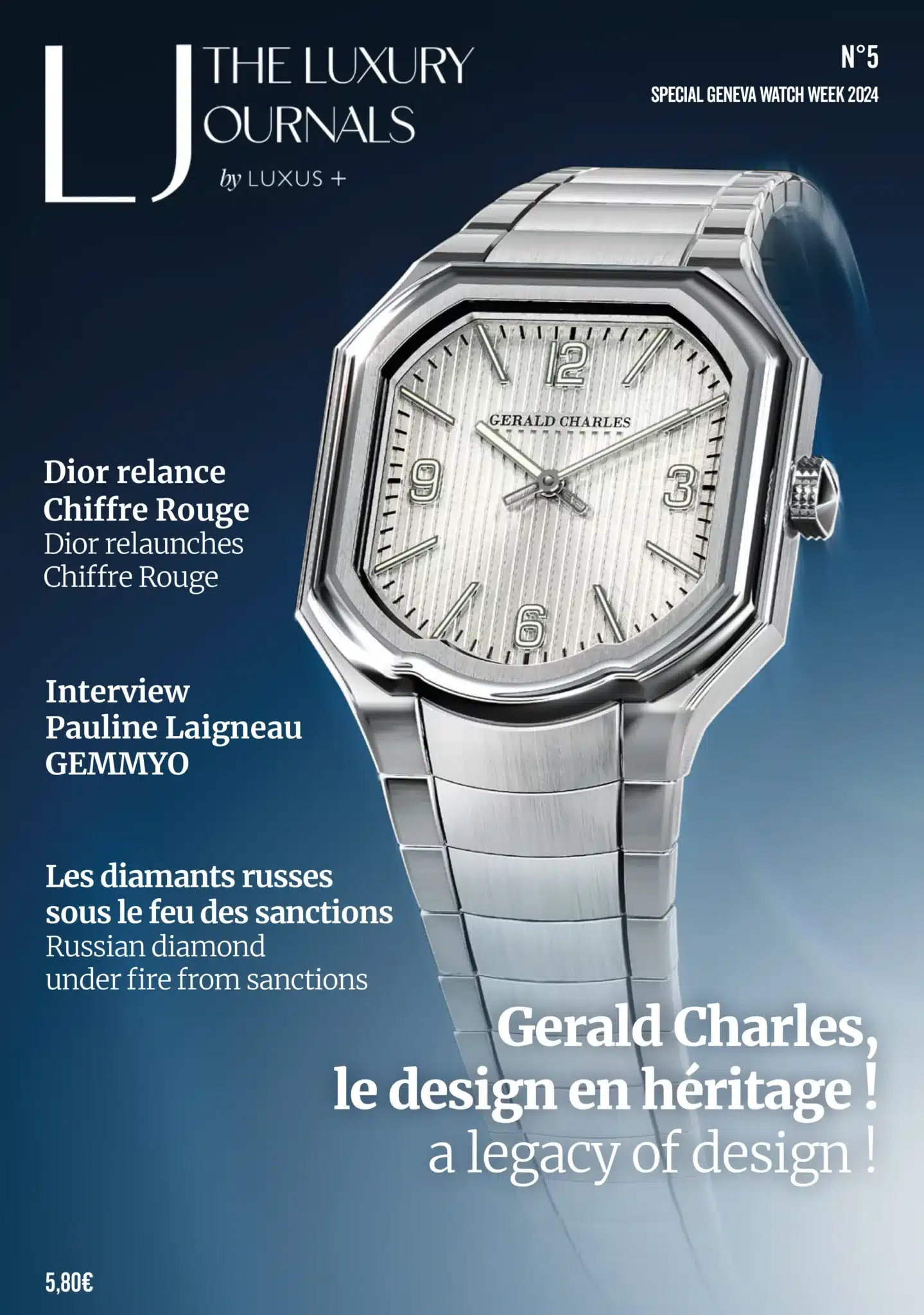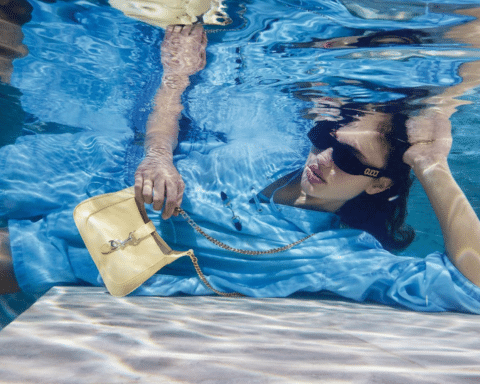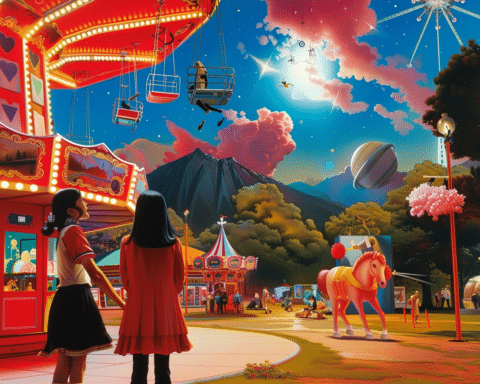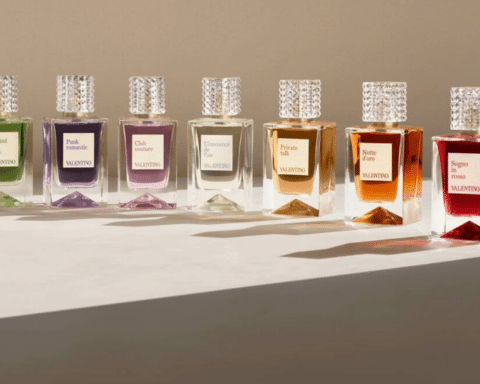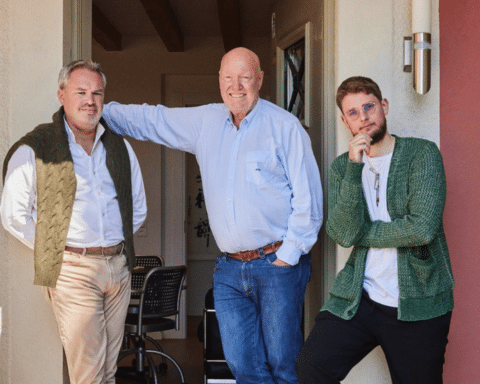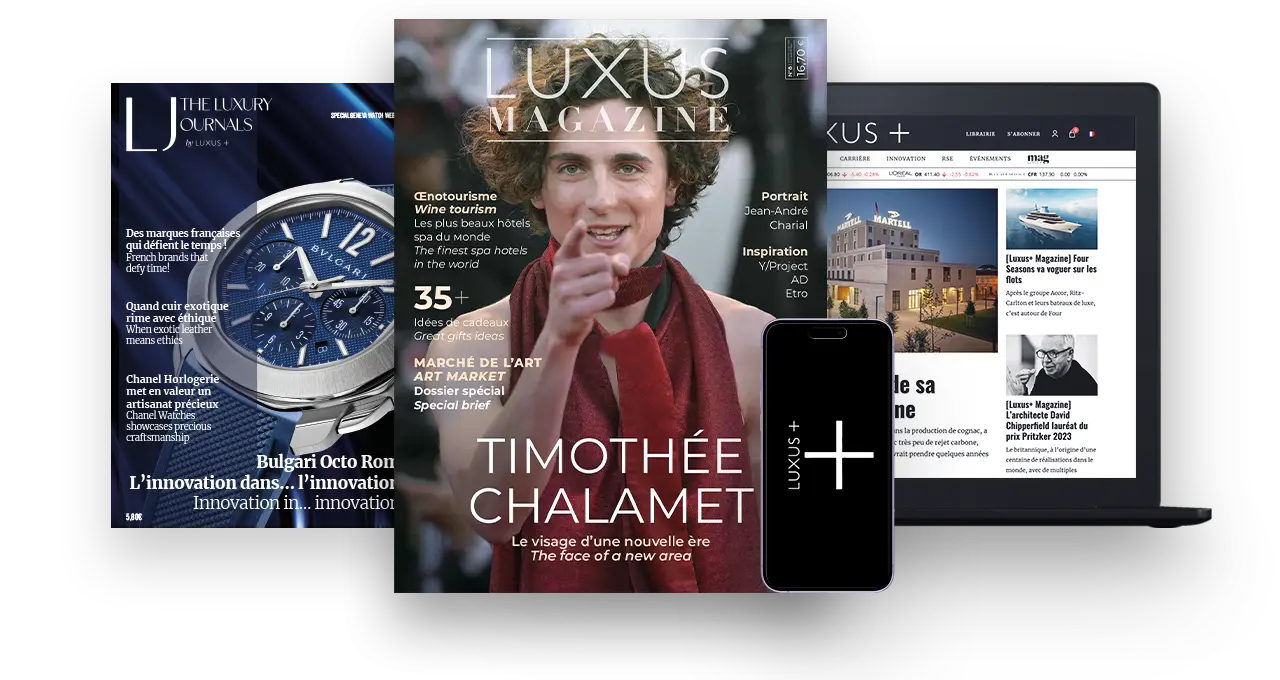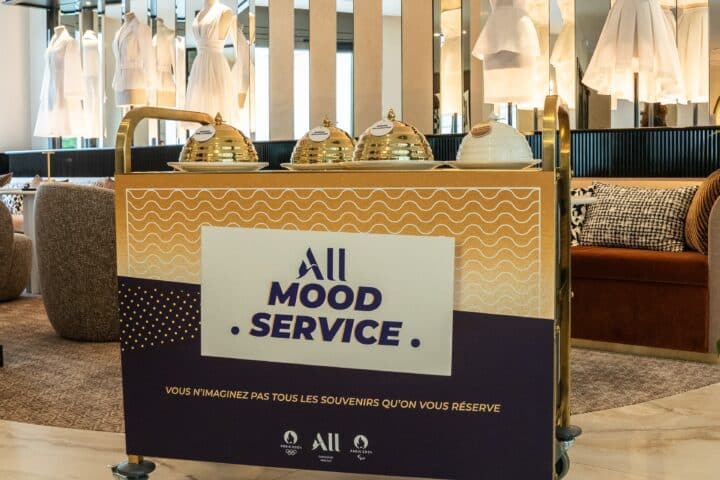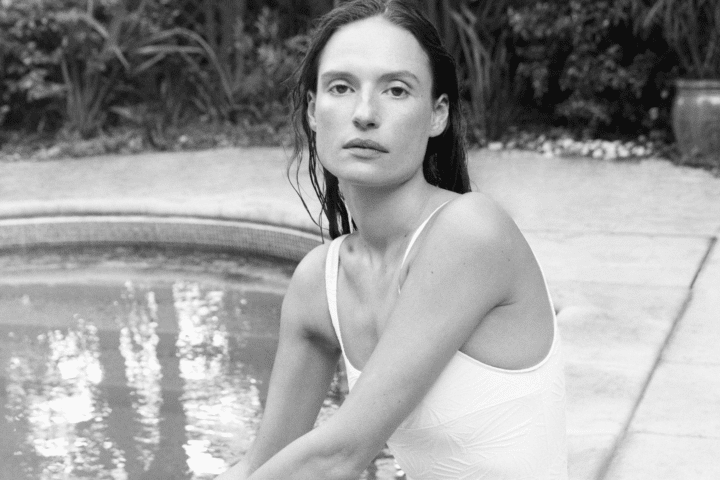Valentine’s Day celebrates lovers the world over. But what is love in a world of constant trends and evolutions? At a time when traditional norms are giving way to more fluid and relaxed forms of love, Generation Z is redefining the codes of intimacy and commitment. This transformation is also impacting the luxury goods industry, prompting major brands to rethink their strategies to better align themselves with these new emotional dynamics.
“For why do you mock each day my poor love?” pondered Michel Polnareff in his hit Love Me, Please Love Me. The French singer announced as early as 1966 the metamorphosis of love that was touching his era. Now more than ever, his words must resonate particularly for the lovers of love in the 21st century… Indeed, the romantic relationships of Generation Z are reinventing themselves, adopting forms that are more frank, fluid, blurry, or uninhibited.
Without ever experiencing romantic love until the age of 30, journalist Aline Laurent-Mayard reflected on this notion, a “social construct of the 19th century,” she believes, and on the social pressures related to singledom and coupledom. In her book “Post-Romantic” (2024), she explores the choices of those who opt for alternative lifestyles, shedding light on the joys and challenges of these different paths, and advocating for societal changes to support them. Beyond questioning the imperative of romance, this book encourages us to rethink all of our relationships, especially our friendships, and to consider new forms of family and social structures.
This phenomenon of questioning has been observed (or perhaps encouraged?) by the multiple dating apps that exist today. “As an international relationships expert at Tinder, I was the first to notice that this generation is redefining relationships,” explains Paul C. Brunson, international relationships expert at Tinder. “Whether it’s their attitude towards diversity and inclusivity, their adoption of technology and online presence on a global scale, young people are changing everything about how we form relationships.”
For him, now, emotional well-being, valuing meaningful connections, challenging traditional norms, open-mindedness, and acceptance of diversity are the priorities of Generation Z.
The Emergence of the “Situationship”
Among these new trends, the “situationship” emerges as the default mode of relationship among young adults. But what does this mean concretely? Today, rather than clarifying things, relationships seem to be in a gray area. Between pragmatic commitment and sexual interactions among friends, the quest for eternal and romantic love fades. However, this does not mean that Generation Z is giving up on all forms of attachment. On the contrary, they are exploring new ways to meet their emotional needs, giving rise to the concept of a “situationship” – a blurry zone between friendship and romantic relationship.
For these young people, “situationships” offer comfort, affection, and potentially more, without necessarily aiming for long-term durability. This term has gained increasing popularity, attracting global attention from various ethnicities, genders, and sexual orientations, as evidenced by Google searches and discussions on social media.
The appeal of this approach lies in its questioning of the “relationship escalator,” the idea that relationships must follow a linear trajectory with traditional milestones like cohabitation, marriage, etc. “Situationships” acknowledge that some relationships can be ephemeral without being considered unsuccessful. This perspective is welcomed by Generation Z, which is less inclined to rush into defined relationships or long-term commitments. Indeed, after in-depth interviews with students, researchers note that this generation prioritizes financial stability, leisure, and career over focusing exclusively on their love life.
A Trend Imprinted in Time
A study conducted by Ifop, published on Tuesday, February 6th, precisely established that the French are having less sex. If, in 2006, 87% of French people reported having had at least one sexual intercourse in the past 12 months, today they are only 76%. The gaps are even more significant among young people aged 18 to 24, among those who have already had sexual intercourse: 28% of them claim not to have had intercourse in a year, compared to only 5% in 2006. And it is also the frequency of sexual intercourse that has decreased, analyzes Ifop. If nearly 4 out of 10 French people report having, on average, one sexual intercourse per week in 2024, they were nearly 6 out of 10 in 2009.
This trend had already been noticed in a study published in the journal Archives of Sexual Behavior in the United States in 2017. Indeed, in 2014, American adults had nine fewer sexual intercourse than at the end of the 1990s. Several factors are put forward to explain this decline. The rise of technology and digital entertainment now offers many alternatives to sex, such as social media, video games, or streaming platforms like Netflix. Generations raised in the era of these distractions, such as millennials and Generation Z, seem to have less sex than previous generations. As evidence, people over 70 seem to resist this decline, with a sexual frequency that remains stable or even slightly increasing since the late 1980s!
To confirm this idea of a “detachment” from love and sexuality, the weekly Modern Love column in the NY Times has been exploring various human connections for fifteen years. Beyond love stories, it also addresses stories of friendship, family, and redemption, thus reflecting both the realities of our contemporary societies and universal feelings.
Luxury Redefines Romance
Read also>IDEALO STUDY REVEALS THE THREE BEST-SELLING FRAGRANCES FOR VALENTINE’S DAY
Featured photo : © Gucci


